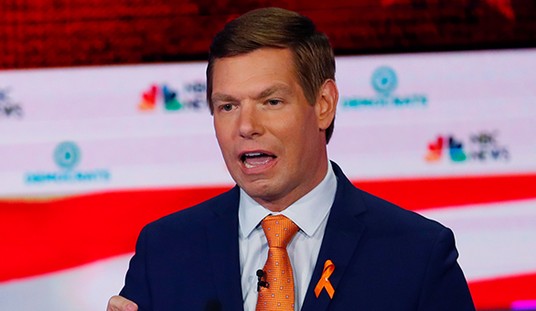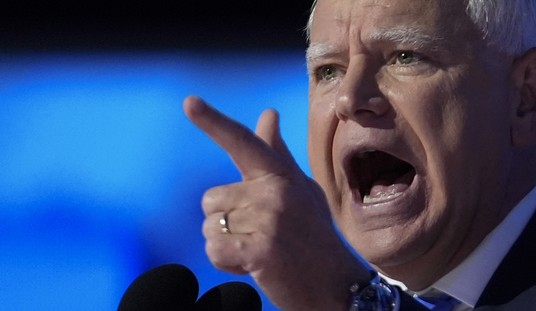Nice odds if you can get them. But now you can. The Washington Post reports on a new, trillion dollar scheme to save the economy and boost demand.
The government is seeking to resuscitate the nation’s crippled financial system by forging an alliance with the very outfits that most benefited from the bonanza preceding the collapse of the credit markets: hedge funds and private-equity firms.
The initiative to revive the consumer lending business, outlined by officials this week, offers these wealthy investors a new chance to make sizable profits — but, thanks to the government, without the risk of massive losses.
The idea is to entice them to put their huge cash piles to work to stimulate the financial system. They would be invited to buy up recently issued, highly rated securities. These securities finance consumer lending, such as credit cards and student and auto loans.
The program, which could involve the government lending nearly $1 trillion to these investors, exceeds the size of every other federal effort to address the crisis so far. The initiative’s approach could be the model for future federal efforts to aid the credit markets, sources familiar with government planning said. Officials call this strategy a “public-private partnership,” but in essence the government is offering good deals to private investors to draw them into its rescue efforts.
Interested? Who wouldn’t be. Our members have significant interest,” said Richard Baker, president of the Managed Funds Association, the leading association for hedge funds.
Here’s how a typical TALF deal would work: A hedge fund uses $1 million of its own money and gets a $9 million loan from the Fed, payable after three years, to buy a $10 million asset-backed security, which finances consumer loans. Hoping that the market for these assets recovers, the hedge fund would hold the asset for three years.
If the security rises in value to $11 million, the investor would keep the profit, essentially doubling the initial investment. The government, meanwhile, would consider the deal a success because consumer lending was spurred.
If the value fell below $9 million, the hedge fund would lose its down payment but nothing more. The Treasury, using bailout funds approved by Congress, would cover the next set of losses, with the Fed ultimately on the hook for anything more.
Megan McArdle, writing in the Atlantic, thinks we’ve seen enough. Geithner should go. Unfortunately that’s not possible because the Obama appointments process is so constipated that if Geithner went, the administration might not be able to replace him for months. And then who would save the world? Who would bring us Hope and Change?
Henry Blodget thinks it is time for Timothy Geithner to go. So far, Geithner’s performance has been shockingly unimpressive. It’s not as if he’s walking into the crisis anew; he’s been the head of the New York Fed for years, and dealing with these issues from the very beginning. Yet on the really crucial problem of what to do about the banking system, he’s been very nearly silent, going to Congress with a non-plan-plan that terrified the very markets it was supposed to reassure. Blodget also has a point when he says that Geithner has been mysteriously stuck on his original ideas. I would add that he seems mysteriously stuck on them, but not willing to pay the political cost of executing them, which is the worst of both worlds.
On the other hand, though I’ve so far been underwhelmed by his performance, we can hardly fire him, because who on earth would replace him? The administration’s vetting procedure has gotten entirely out of hand. Two candidates for Treasury slots have already withdrawn their candidacy in the face of the delays and Mossad-style interrogation procedures the candidates have to submit to.
The inability to get anyone confirmed has to be laid at the feet not of Geithner, but of Obama. We’re in the biggest financial crisis in living memory, and the administration has so far failed to staff treasury because it is unwilling to take any political risk that a nominee will have a tax or a nanny problem.
Why do I get the feeling that things aren’t going according to plan. Or maybe they are.










Join the conversation as a VIP Member